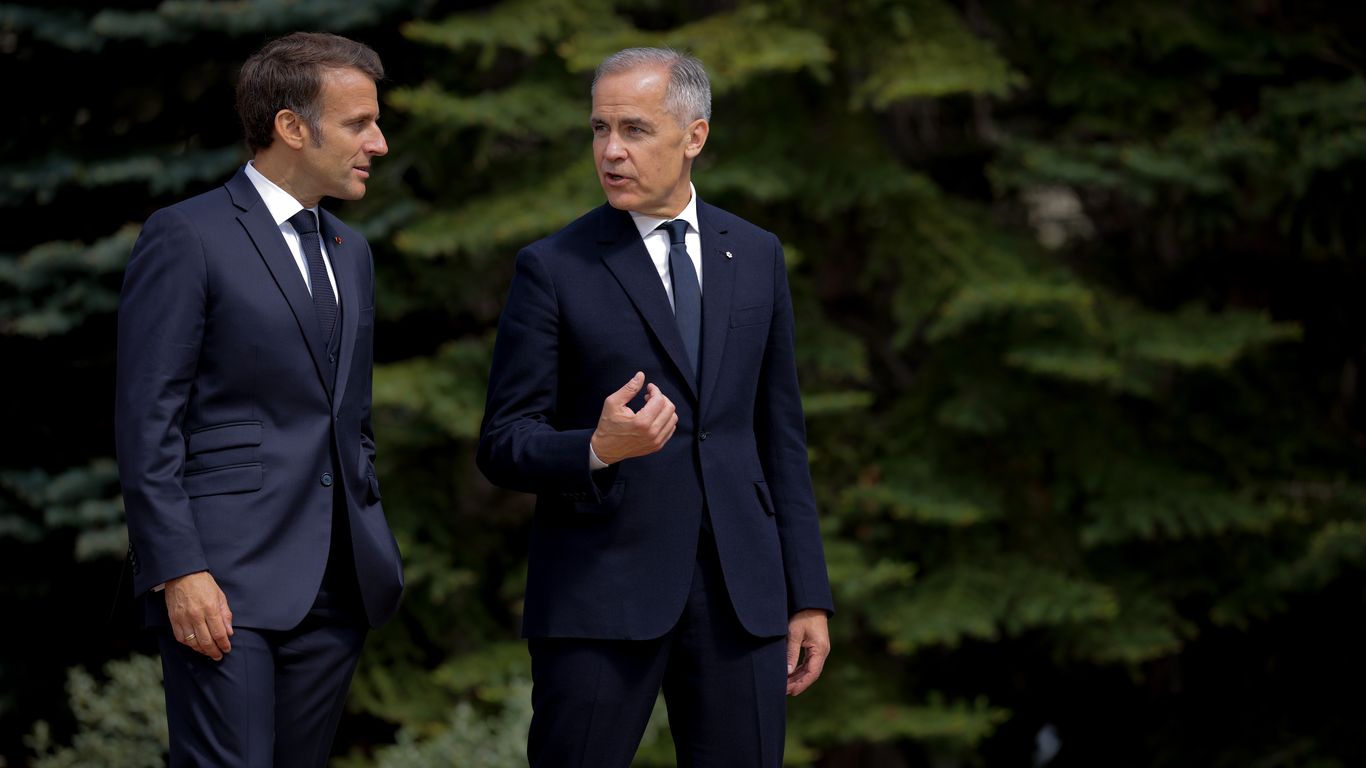Canada is poised to make a significant diplomatic stride by announcing its intention to recognize the State of Palestine at the upcoming United Nations General Assembly in September. This move, articulated by Prime Minister Mark Carney, positions Canada as the third close U.S. ally in recent days to signal such recognition, further amplifying the international isolation faced by the Trump administration and the Israeli government on this crucial matter of Palestine Recognition.
Carney underscored that this landmark decision is contingent upon a series of vital commitments from the Palestinian Authority. These include pledges to undertake substantial reforms, conduct democratic elections in 2026, ensure that Hamas will have no role in the future government, and agree to the demilitarization of the prospective Palestinian state, all pivotal steps toward enhancing International Diplomacy.
For many years, Canada maintained a stance against recognizing Palestine outside the framework of a negotiated Two-State Solution. However, Prime Minister Carney articulated a shift in this long-held position, emphasizing that this traditional approach is no longer deemed viable in the current complex geopolitical landscape, marking a crucial evolution in Canada Foreign Policy.
The Prime Minister elaborated on the factors that have severely eroded the prospects for a viable two-state solution. He pointed specifically to Hamas’s terror attack on October 7 and the persistent expansion of Israeli settlements in the occupied West Bank as key impediments, making the path to Middle East Peace increasingly challenging.
Furthermore, Carney highlighted the deep-seated opposition to a Palestinian state among many influential figures within the Israeli government, noting also the Israeli Knesset’s recent call for the annexation of the West Bank. He stressed that preserving the two-state solution fundamentally requires “standing with all people who choose peace over violence” and that “a path for lasting peace for Israel requires a viable and stable Palestinian state that recognizes Israel’s right for security and peace.”
The humanitarian catastrophe unfolding in Gaza was also cited by Carney as a compelling reason for Canada’s adjusted position. This humanitarian imperative reinforces the broader objective of fostering stability and peace in the region, aligning with the core principles discussed at the UN General Assembly regarding global stability and human rights.
Canada’s announcement follows similar declarations from France and the United Kingdom, with France stating its clear intent to recognize Palestine in September and the U.K. indicating it would do so unless Israel significantly altered its course in Gaza. A White House official, however, reaffirmed the U.S. position, stating it would not follow suit, fearing it would reward Hamas.
Beyond these major allies, several other nations are actively considering recognizing Palestine during the upcoming UN General Assembly. This growing list includes key U.S. allies like Australia and New Zealand, alongside European Union members such as Finland, Portugal, and Luxembourg. Malta has already formalized its plan to recognize Palestine, signaling a broader international momentum. Around three-quarters of UN member states already extend recognition to Palestine.






Leave a Reply